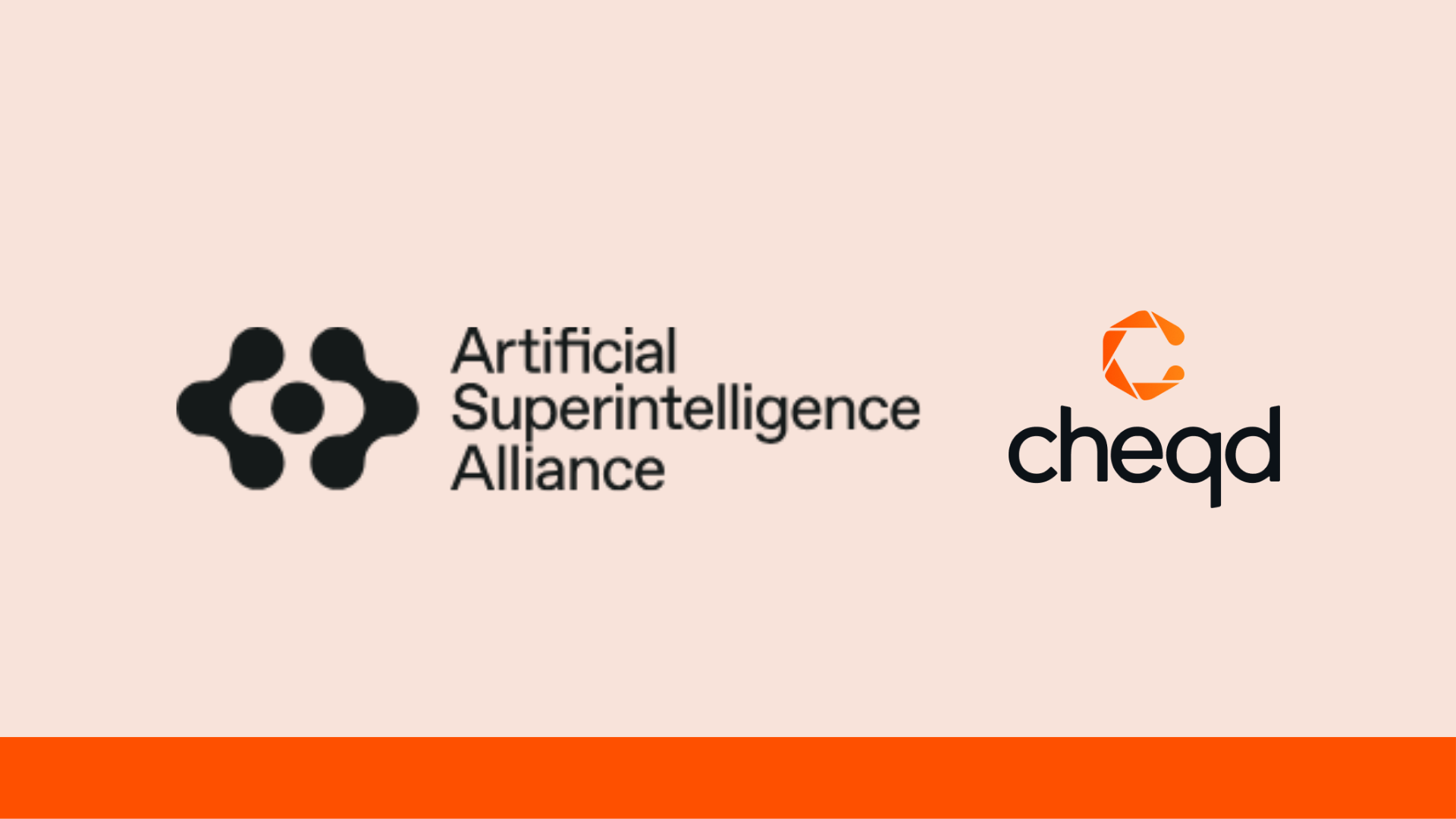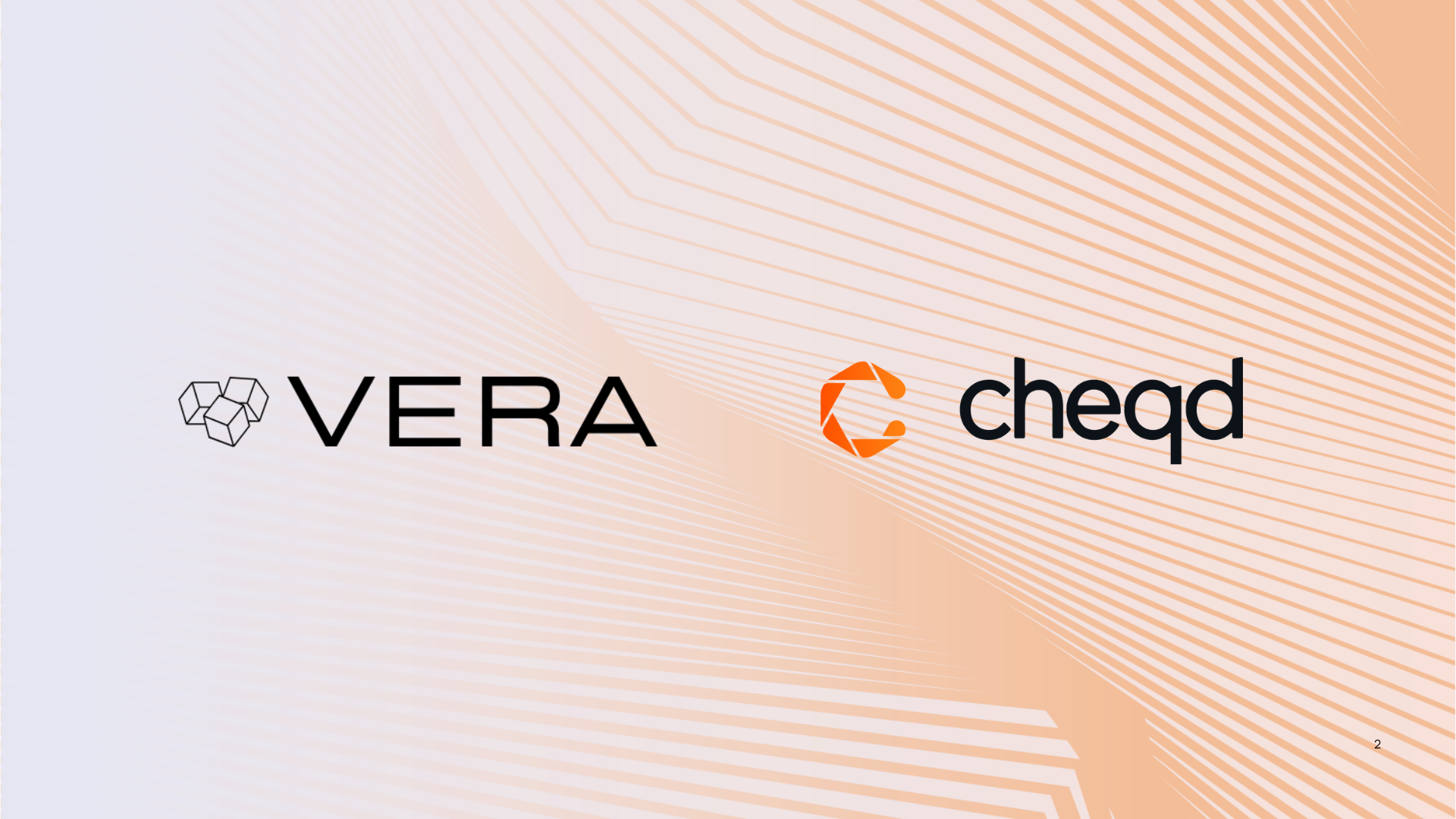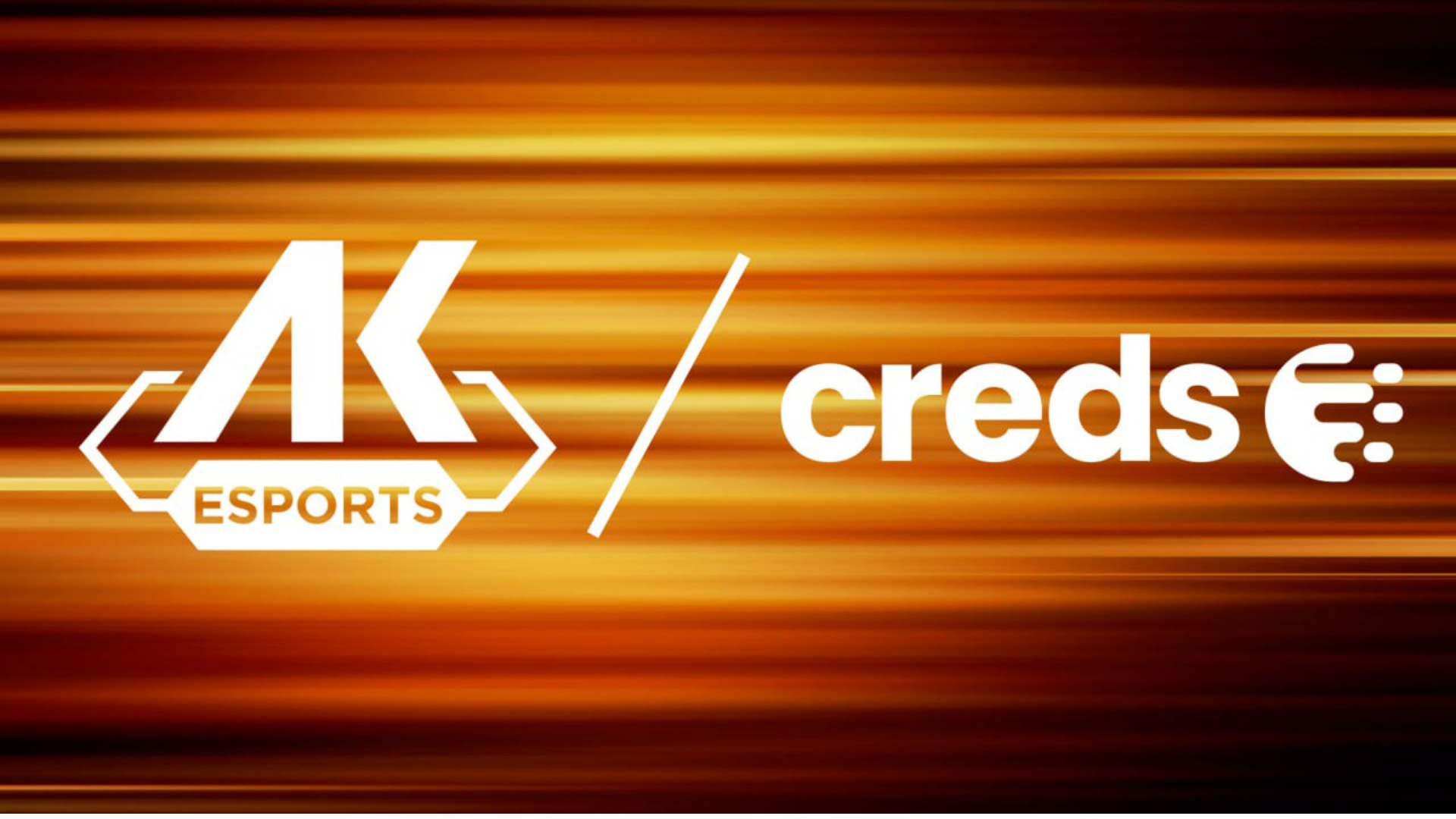Introduction
As artificial intelligence becomes increasingly integrated into our digital lives, its impact on how we interact, make decisions, and consume information continues to grow. From generating content to driving complex decision making processes, AI systems hold immense potential — but only if they operate transparently and ethically. The cornerstone of this potential is trust. Without mechanisms to verify the authenticity and accountability of AI systems and their outputs, we risk undermining confidence in these technologies, leading to misinformation, fraud, and diminished societal benefit.
Trust Registries play a critical role in establishing trust in AI. Acting as authoritative systems, they authenticate and validate the actors, outputs, and credentials within an AI ecosystem, ensuring transparency and accountability. This blog will explore how Trust Registries underpin the three fundamental pillars of Verifiable AI: enabling trust in the AI agents behind outputs, verifying content credentials to ensure authenticity, and facilitating proof of personhood to link AI actions to verified entities. Together, these pillars illustrate how Trust Registries are essential to building a trustworthy and reliable AI powered future.
Learn more about cheqd Trust Registries
Get started building cheqd Trust Registries here
The Three Pillars of Verifiable AI and Trust Registries
Verifiable AI is built on three pillars that collectively ensure trust, transparency, and accountability in AI ecosystems: AI Agent, Content Credentials, and Proof of Personhood. These pillars address distinct yet interconnected challenges, from the reliability of AI systems themselves to the authenticity of their outputs and the identity of the individuals interacting with them. Trust Registries serve as the backbone for these pillars, providing a mechanism to validate and verify each component. Below, we explore each pillar and how Trust Registries play a crucial role in supporting them.
1. AI Agent
AI agents are systems or algorithms designed to autonomously produce decisions or outputs based on data and instructions. These agents can range from simple chatbots to complex decision making systems that influence critical areas like healthcare, finance, and law enforcement. However, one of the key challenges in the rise of AI is determining whether these agents are trustworthy or adhere to ethical standards. Given that AI agents operate independently, it’s difficult for users and organisations to fully understand the decision making processes behind them. This lack of transparency makes it challenging to assess whether the AI is following ethical guidelines, ensuring fairness, or avoiding biases. Without proper verification, there’s a risk that AI agents may cause unintended harm or perpetuate systemic issues, especially if their outputs lack accountability.
Role of Trust Registries
Trust Registries play a critical role in addressing the challenges associated with AI agents by providing transparency, certification, and governance. Here’s how they support the AI ecosystem:
- Certification of AI Agents: Trust Registries maintain verified records of AI agents, ensuring that they meet ethical and compliance standards. Through certifications, these registries validate that AI systems adhere to established norms for fairness, transparency, and privacy. This certification helps establish trust between AI developers, organisations, and end users, ensuring that the AI systems in question are reliable and safe to use.
- Transparency: Trust Registries enable users and organisations to query and verify the origins and certification of AI systems they engage with. By providing a publicly accessible record of certified AI agents, Trust Registries empower stakeholders to assess the credibility and history of an AI system before utilising it. This enhances confidence in the system, especially when the AI’s decisions impact sensitive areas like personal data or legal outcomes.
- Governance: Trust Registries also serve as a governance tool, ensuring that AI developers and platforms are held accountable for their actions. By maintaining a registry of certified AI systems, these registries can track the ongoing compliance of AI agents, making it easier to enforce ethical standards and regulatory requirements. In the event of a failure or harm caused by an AI agent, Trust Registries offer a clear point of reference for auditing and resolving accountability issues.
Trust Registries ensure that AI agents are trustworthy, forming a foundational part of the Verifiable AI framework that guarantees the reliability and ethical standards of autonomous systems.
2. Content Credentials
The rapid growth of AI generated content has created significant challenges in verifying the authenticity and origin of digital materials. As AI tools become increasingly sophisticated, they can produce highly convincing text, images, audio, and videos, which are often indistinguishable from human created content. These challenges emphasise the importance of establishing mechanisms that can ensure the legitimacy of AI generated content, enabling users to discern real content from fabricated or manipulated materials.
Role of Trust Registries
Trust Registries provide a vital solution to these challenges by offering a system to authenticate and track the provenance of AI generated content.
- Verification: Trust Registries maintain an authoritative and verifiable record of content credentials. By cross referencing these credentials with trusted data sources, they can validate the authenticity of AI generated content. This process helps to confirm that the content comes from a legitimate source, preventing the spread of manipulated or fake materials. For instance, an AI generated image could be verified by checking its metadata against a Trust Registry to confirm its creation history, such as the AI model used and the date of generation.
- Provenance Tracking: Trust Registries track and record the full lifecycle of content, from creation to distribution. This allows users to verify where and how the content was generated, offering transparency into the AI processes involved. Provenance tracking makes it possible to trace the origin of content back to the AI system or model that produced it, providing confidence in its reliability and preventing the use of counterfeit materials. For example, a video produced by an AI tool could have a detailed record attached to it, showing the exact inputs, algorithms, and datasets used to generate the final product.
- Cross Platform Trust: One of the key advantages of Trust Registries is their ability to support cross platform validation. As AI content is created and shared across different applications, platforms, and ecosystems, Trust Registries enable the consistent validation of content credentials regardless of where the content is consumed. This ensures that users can rely on content authenticity regardless of the platform they interact with, whether it’s a social media network, an academic journal, or a corporate website. Interoperability across ecosystems is essential for establishing a global standard of trust in AI generated content.
Trust Registries enable Verifiable AI solutions to provide a seamless and reliable way to establish the credibility of content credentials, allowing both content creators and consumers to engage with AI generated outputs with confidence.
3. Proof of Personhood
Proof of Personhood refers to verifiable evidence that links AI generated content or actions to accountable individuals, entities, or AI agents, ensuring that AI outputs are tied to responsible parties. The challenges in this area include verifying the authenticity and trustworthiness of those behind AI systems, as well as mitigating identity fraud and ensuring accountability. Without a reliable method to confirm the identity of the entities responsible for AI generated content, the risk of misuse or malicious intent increases, undermining trust in AI systems.
Role of Trust Registries
- Identity Verification:
Trust Registries play a pivotal role in validating digital identities associated with AI systems and their outputs. By linking AI generated content to verified, trusted identities, Trust Registries help establish the legitimacy of the individuals or entities behind the AI agents. This verification ensures that there is a clear, auditable record that connects actions or outputs to accountable parties. - Accountability:
Trust Registries provide an essential function in maintaining accountability. They enable the tracing of AI generated outputs back to the responsible individuals or organisations. By doing so, they make it possible to hold parties accountable for the decisions and actions made by their AI systems. This is especially important in regulatory contexts and for ensuring that AI operates within legal and ethical boundaries. - Decentralised Trust:
Trust Registries also support decentralised verification frameworks, where control is distributed among multiple entities rather than being concentrated in a central authority. This decentralised approach allows users to have more control over the verification process, promoting transparency and trust in the system. By enabling optional decentralised identity verification, Trust Registries reduce the risk of centralised control and enhance security for individuals engaging with AI systems.
Proof of Personhood ensures that AI systems and their outputs are connected to real, accountable entities, forming a crucial pillar of Verifiable AI.
How cheqd Supports Verifiable AI with Trust Registries
cheqd has developed a robust Trust Registry solution, enabling users to establish hierarchical chains of trust, with each registry entry being DID-resolvable for enhanced transparency and security. cheqd supports various Trust Registry Data Models, leveraging its versatile DID and DID-linked resource architecture.
This enables parties verifying credentials (including content credentials or credentials presented by an AI agent), to check accreditations and permissions against the cheqd network. In more technical detail, each accreditation is in the form of a Verifiable Credential, meaning that it has data integrity and can probably be attributed to an organisation or individual DID. Therefore, any party checking a credential with a trust registry on cheqd can have a far greater level of confidence in the data they are relying upon.
Learn more about cheqd Trust Registries
Get started building cheqd Trust Registries here
Trust in Every AI Interaction
Trust Registries are a fundamental building block for the Verifiable AI ecosystem. By ensuring that AI agents, content credentials, and proof of personhood are verified and traceable, Trust Registries help nurture a more trustworthy AI landscape.
Looking ahead, widespread adoption of Trust Registries, alongside the development of global standards, will be essential in securing trust across AI systems. As the demand for Verifiable AI grows, the need for standardised and decentralised Trust Registries becomes even more critical to ensure transparency and accountability in AI interactions.
We encourage organisations and developers to join cheqd to establish trust using our trust registry infrastructure. Together, we can build an ecosystem where trust is the default, and Verifiable AI ensures the integrity of our digital future.






